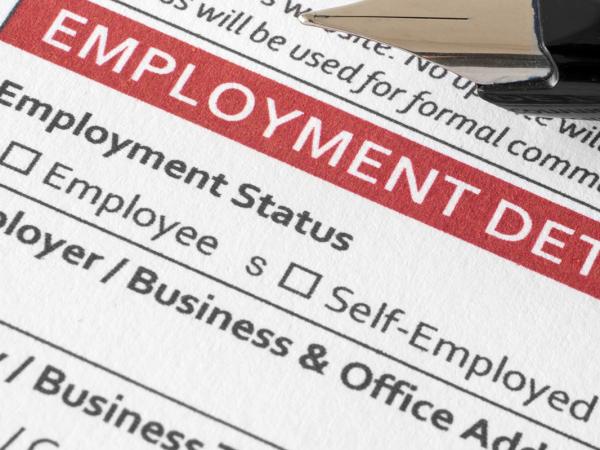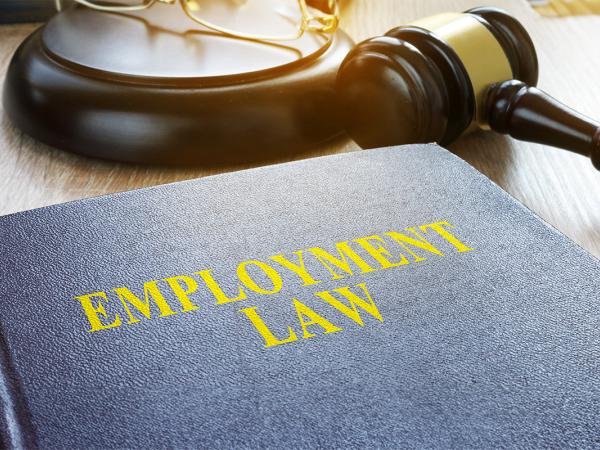Employment status
Employment status describes the nature of the relationship between an engager and a worker – for example, employment or self-employment.

Tax law vs. employment law
If you are hired to work for someone, they have certain responsibilities. One is that they must correctly work out your ‘employment status’, which is important for both tax law and employment law. They must do this separately for the two types of law, as they will not necessarily be the same.
Currently there are two statuses for tax law purposes: employee and self-employed, and three for employment law purposes: employee, 'worker' and self-employed.
Individuals regarded by employment law as ‘workers’ may be either employed or self-employed for tax purposes, depending on the circumstances.
Importance of employment status
Establishing your employment status correctly is crucial for determining whether you should pay tax under pay as you earn (PAYE) and your eligibility for certain statutory rights (for example, holiday pay, statutory redundancy pay).
People often assume that you can choose to be self-employed, where it suits you better or because it suits the person you are working for. That is not the case: it depends on the facts and circumstances of the situation.
There is more information on our page employed, self-employed or neither.



